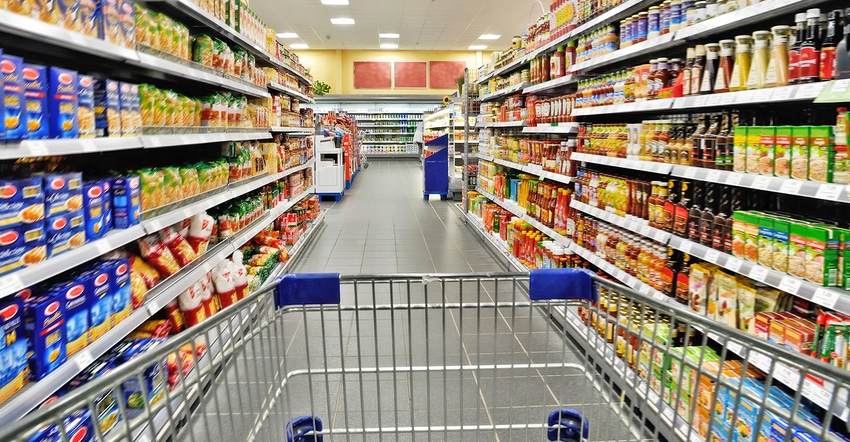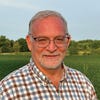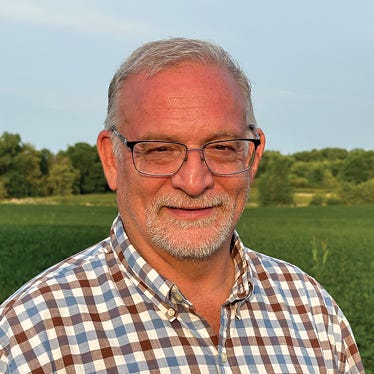January 23, 2018

Social license generally refers to maintaining a level of public trust that practices — in this case, farming practices — are consistent with social expectations. This is a discussion that began more than a decade ago relative to animal care in the livestock industry, and is becoming increasingly relevant in the environmental arena.
Our first question then might be, “What does society expect?” Society is a complex concept to define with many ways to categorize folks, most of which are to some degree unfair. For this discussion, imagine a bell curve with two small extremes at either end, and a very large middle. I am sure that readers will envision two other groups at the transitions between the extremes and the middle — and I would agree — but three makes for an easier analysis.
First, there are the condescending, self-righteous voices that would have you believe their choices are the only valid ones, and that anyone who disagrees just doesn’t matter. Being heard is very important to them. As a result, this group is often among the loudest, making it seem larger than it really is. This group exists on both ends of the environmental spectrum. On one end, you have the extreme critics of farming who can never be satisfied. On the other end are those defenders of farming, who similarly will never be satisfied.
This group is made up of those who have all the answers. Its members stand on science, but only that science which validates what they already believe to be true. The members do not like have their ideas or values challenged. Their validation or sense of purpose comes from having others join them, yet they also wish to remain somewhat exclusive. As a result, they continually shift to more extreme views, which means this group can never become a large portion of society, though its members will always be players.
Middle group most important
I believe that a much larger portion of society, the middle of the bell curve, is made up of those who want to make good choices and have a hard time sorting through the huge volume of science now available. This large group is not as loud, but is much more important. They are hearing the louder discussion and are often concerned by what they are hearing. They are skeptical of the messages from both extremes: “Farming can be neither that bad nor that perfect!”
This group is made up of those who have all the questions. The big middle is conflicted, because they know that they also have an impact on the environment through their work and where they live. They understand that to the extent that they eat things, a portion of the impact usually ascribed entirely to farmers is theirs. Virtually every item in the grocery store has an associated environmental cost. There is no free lunch.
This group is watching. We can show some environmental practices— buffers, windbreaks, terraces, grass waterways. Others cannot be seen, such as applying proper amounts of nutrients. In these areas, this group is looking for trusted resource people who share their values and ethics to provide answers. One way to show them that you are this trusted resource is through those visible things. In other words, if there are readily visible problems, there is little trust on the unseen.
I would guess that most of you can relate to this group since you are likely in the middle, too. I also encourage you to be an active participant in providing answers where this group has questions. Whether your social network is the local coffee shop or an online forum, watch for opportunities to explain why you do the things you do.
Your social license depends on it.
Formo is executive director of the Minnesota Agricultural Water Resource Center.
About the Author(s)
You May Also Like






